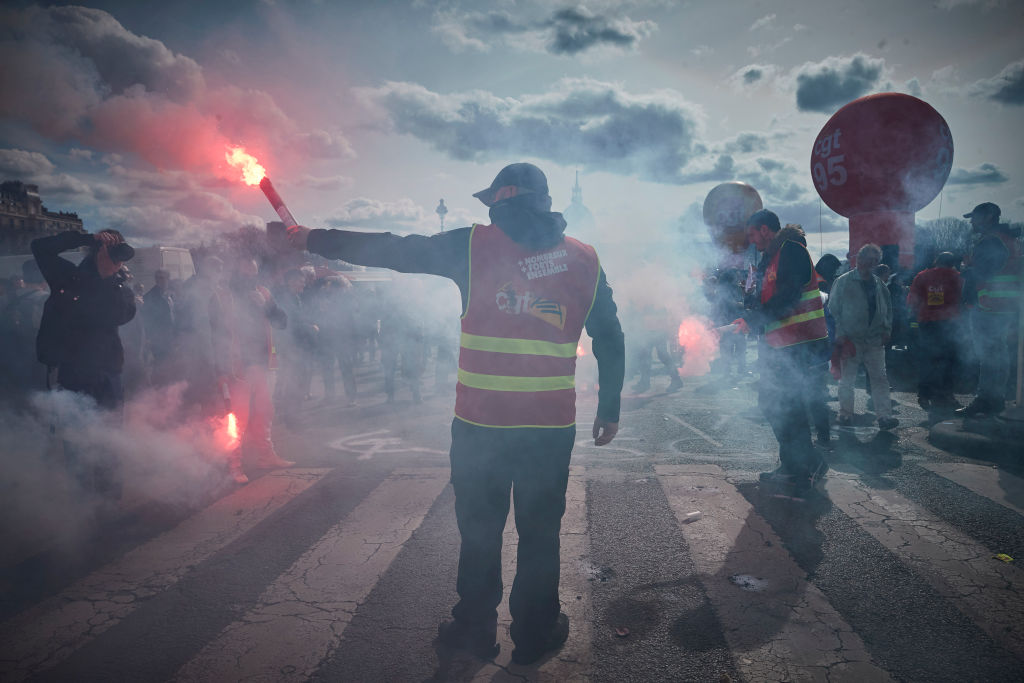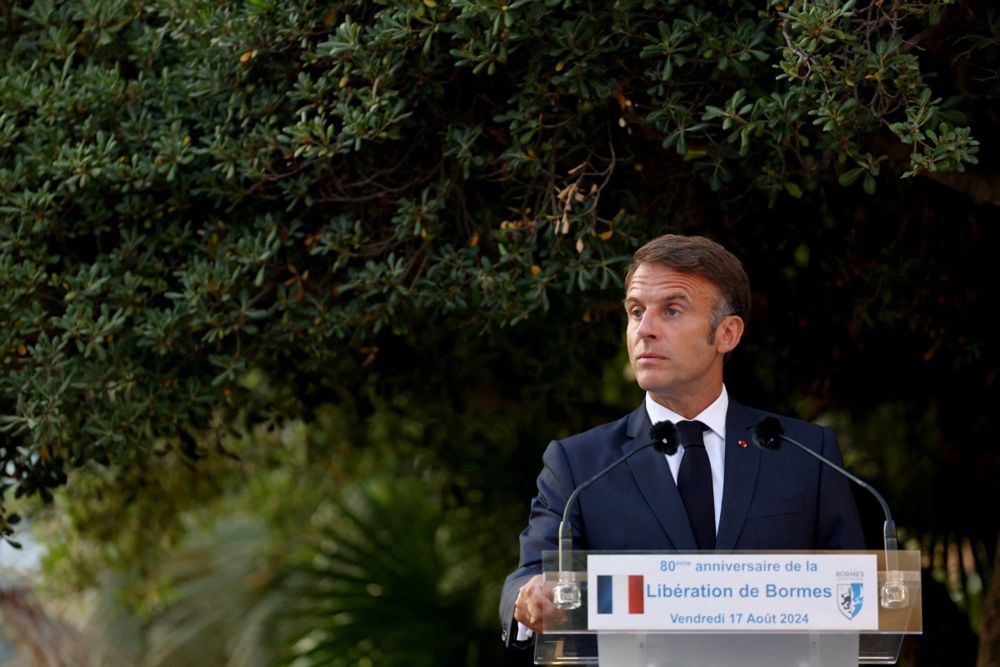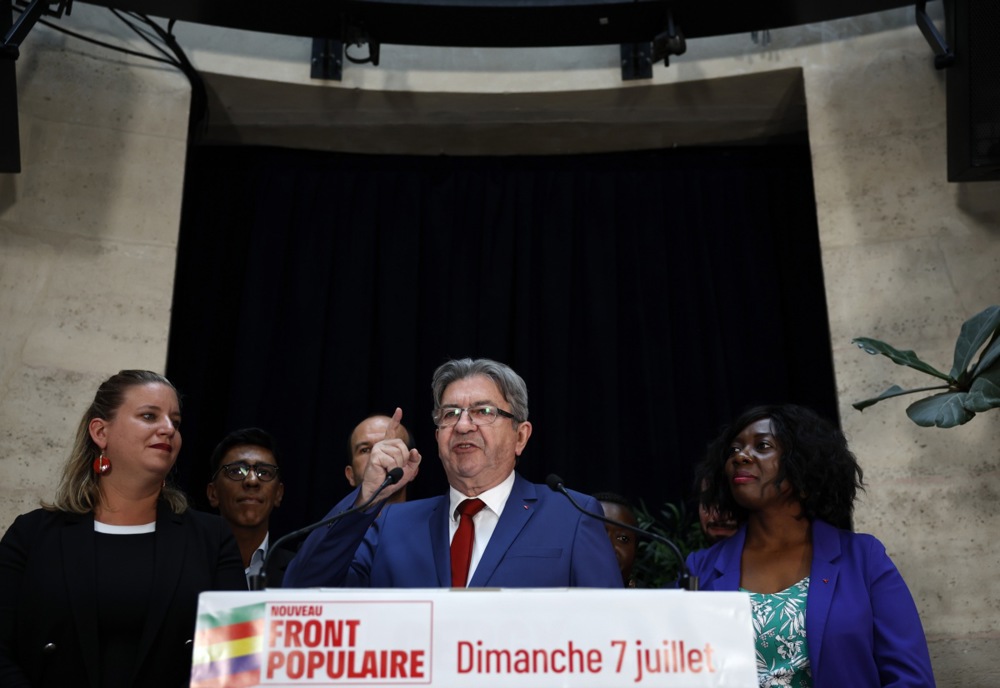France’s new Prime Minister Michel Barnier has revealed the new government’s political orientation.
In his address on September 22, Barnier – who took up his role on September 5 – set out key objectives aimed at reassuring both allies and critics, including a commitment not to raise taxes on the poorest citizens and to uphold societal rights such as abortion and same-sex marriage.
The French Government is a coalition between the presidential camp and Barnier’s Republicans, marking a shift to the Right, with Conservative leader Bruno Retailleau taking a prominent role as interior minister —an alliance that many observers doubt will endure.
Une équipe ! Maintenant, au travail ! ????
— Michel Barnier (@MichelBarnier) September 21, 2024
Jordan Bardella, President of the National Rally (RN), condemned the government as a continuation of past policies under President Emmanuel Macron.
“This new government signals the return of Macronism through the back door. What the French people have democratically sanctioned on two occasions cannot be allowed to return through pitiful machinations and political calculations,” Bardella said.
He also hinted at supporting a vote of no confidence, adding: “This is a government with no future.”
Marine Le Pen, de facto leader of the RN, also hinted at a possible censorship of the new administration, labelling it a “transitional government”.
According to RN spokesperson Laurent Jacobelli, the determining point would be the upcoming general policy speech by the new government.
“There will be a general policy speech, and if it doesn’t go our way, we will censure it [the government],” said Jacobelli, raising the possibility of tabling a vote of no confidence.
Leaders from the far-left La France Insoumise and the Socialist Party have pledged to bring forward such a vote.
Olivier Faure, leader of the Socialist Party, criticised the new administration, calling it “a reactionary government, a middle finger to democracy”.
“See you for the censorship debate,” he said.
The government is facing mounting criticism, not only from political opponents but also from environmental NGOs.
Greenpeace France issued a statement accusing it of undermining democracy: “The announcement of the new government confirms the denial of democracy that France has been witnessing since July 7.”
Jean-François Julliard, director general of Greenpeace France, expressed doubt over the new regime’s commitment to climate action, stating: “We need radical and ambitious action to tackle the climate and social crises, but this government already seems locked into the outdated logic of the old world,” and criticising what he called the pro-nuclear stance of some of the ministers.
“With Agnès Pannier-Runacher as Minister for Ecological Transition, Energy, Climate and Risk Prevention, we are promised a nuclear obsession as our ecological compass,” he said.
The 33-year-old tried to silence the critics, stating in an interview with Journal du Dimanche on September 21: “I will not be the minister of tax confiscation or the minister of under-investment in our economic and ecological future.”





